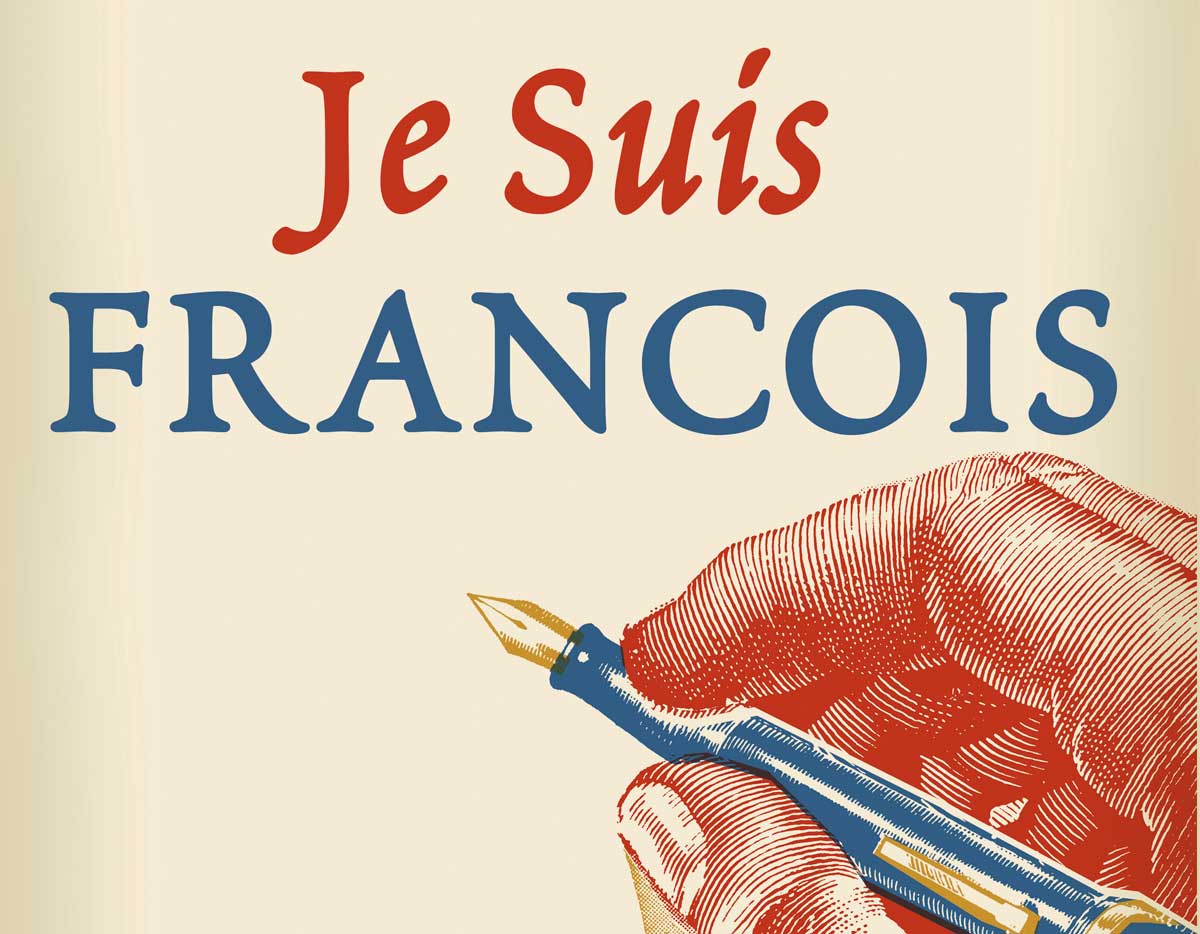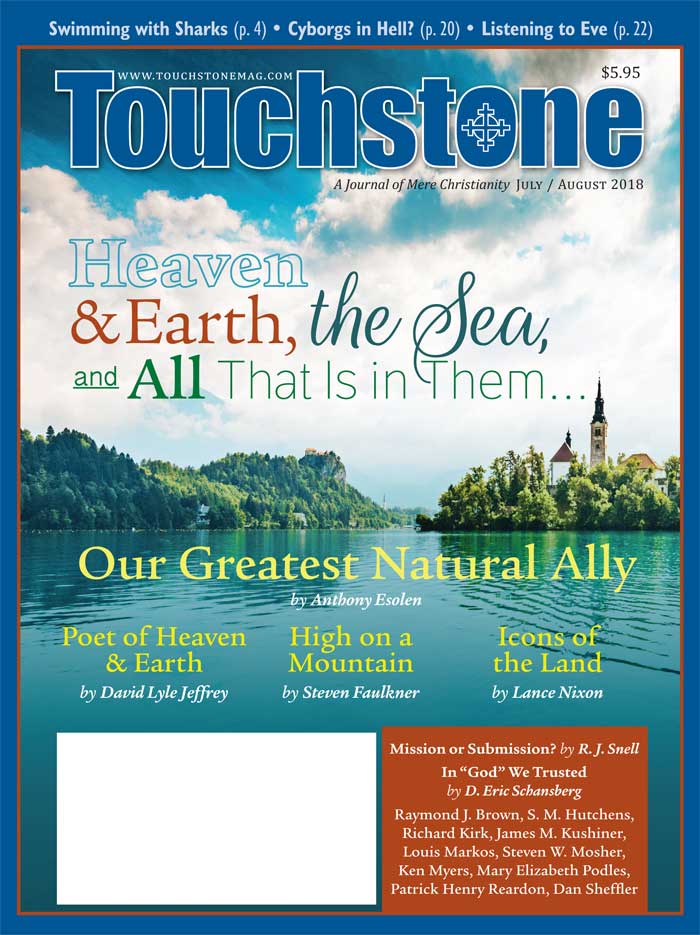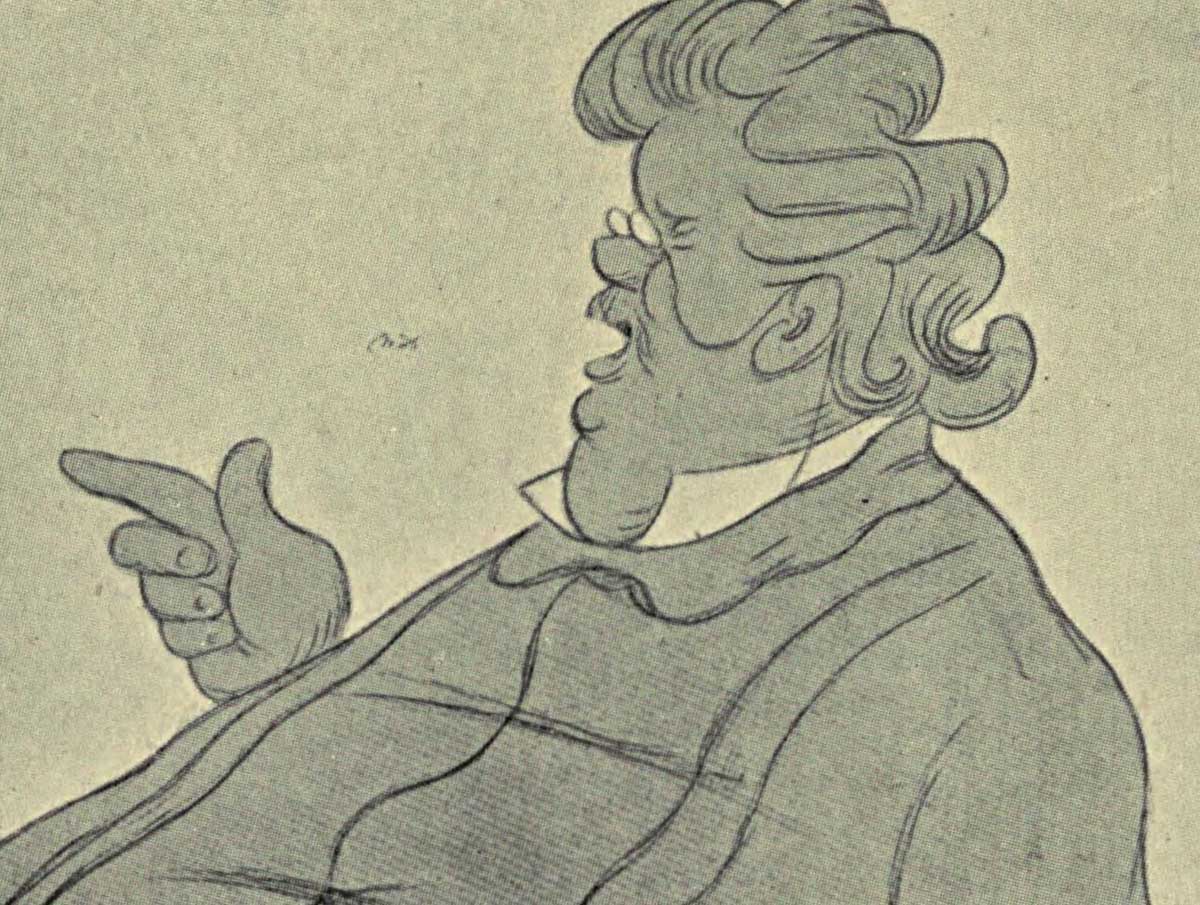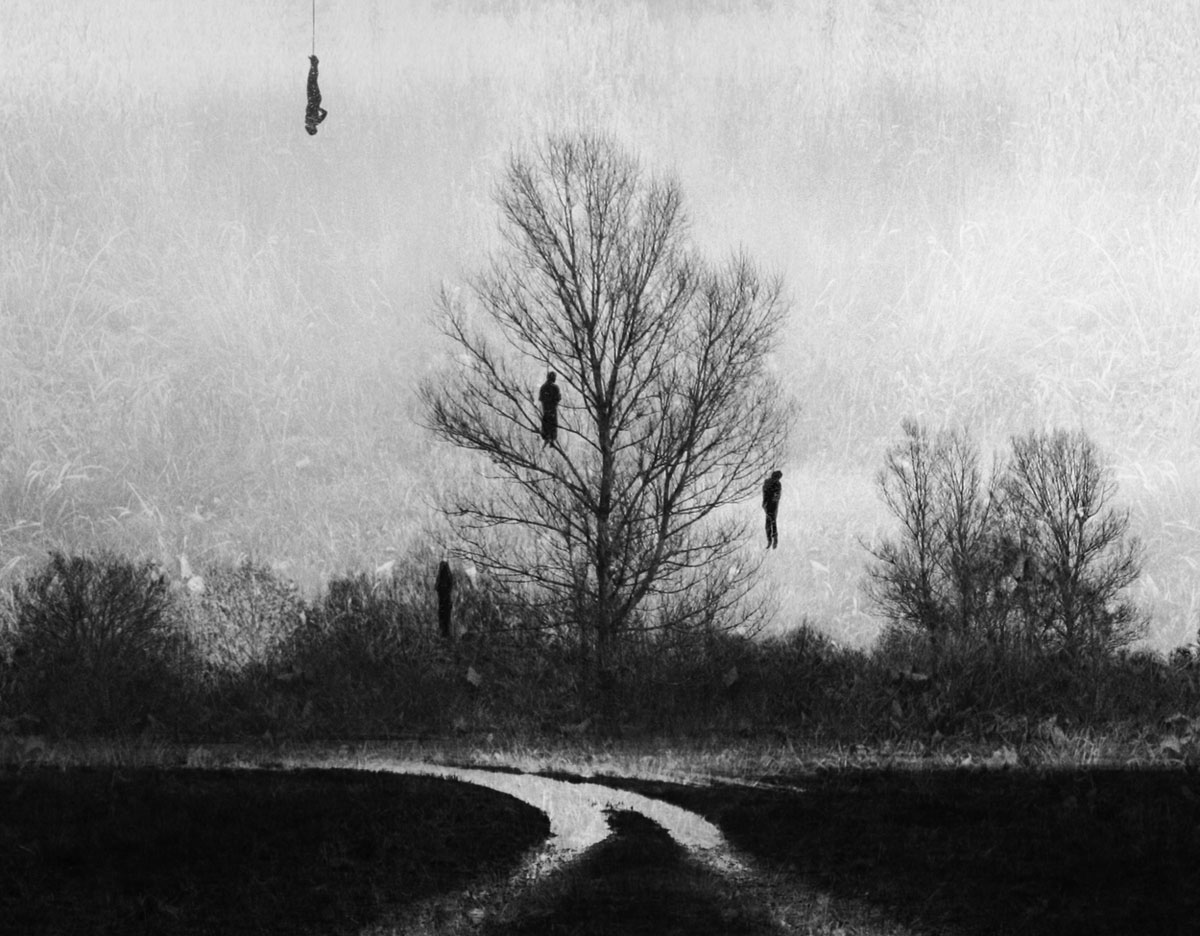Feature
Mission or Submission?
The Difficulty of Apologetics for Dead Souls in the Real World
The 2015 release of Submission by French novelist Michel Houellebecq turned out to be an event, in no small part because the book, which fictionalizes the political rise of the Muslim Brotherhood in the France of 2022, happened to be published the very day terrorists attacked the Paris offices of Charlie Hebdo. Houellebecq followed up with some incendiary comments about Islam—a perfect storm of controversy.
Few seemed to notice that Submission isn't really about Islam but rather the collapse of France, which, as the homeland of Descartes and Voltaire, Foucault and Derrida, is the symbol for both modern and postmodern thought. In Submission we find less a warning about Islam and more a funeral oration for the contemporary West.
The protagonist, a not-so-subtly named Francois—France itself—is a professor of literature, an expert on the nineteenth-century author J. K. Huysmans. Francois is not particularly accomplished; neither does he regard his profession highly, claiming,
[T]he academic study of literature leads basically nowhere, as we all know, unless you happen to be an especially gifted student, in which case it prepares you for a career teaching the academic study of literature—it is, in other words, a rather farcical system that exists solely to replicate itself and yet manages to fail more than 95 percent of the time.
"Still," he continues, "it's harmless and can even have a certain marginal value," especially for sales clerks at high-end boutiques, for whom the study of literature carries "positive connotations."
Francois identifies himself as one of those "gifted" few, with the coveted position of "senior lecturer" within his reach. Yet he "never felt the slightest vocation for teaching," bemoaning that "my fifteen years as a teacher had only confirmed that initial lack of vocation." Worse, his experience with students taught him that "the transmission of knowledge was generally impossible" and that he "didn't like young people . . . being young implied . . . a certain enthusiasm for life," a feeling Francois "never had." With respect to scholarship, the prospect, in his words, is "cold," and "exhausting," "for me nothing mattered except which . . . dinner I'd microwave . . . while I watched the political talk shows on France 2."
A similar failure of enthusiasm carries over into Francois's personal life. Relationships are ephemeral and pointless, a succession of girlfriends, hook-ups, and pornography, each passing and unsatisfying. For the now-typical progression of serial monogamy headed toward "the formation of a family," he has unreserved scorn—it is, he says, "complete idiocy." Commitment and the heritage of children have no attraction for him—they are so irrelevant that they aren't even rejected; they're simply not considered.
So also with politics. Despite the shocking rise of the Muslim Brotherhood, Francois is indifferent, even when tensions flare up into street riots and violence: while "many men take an interest in politics and war . . . these diversions never appealed to me," although he admits that the racial tensions give debates a "long-lost frisson of fascism," as if one needed some brown-shirts around to make political conversation worth noting.
Given the rising anti-Semitism, his girlfriend Myriam makes aliyah with her family, returning to Israel. As for Francois, he merely opens an account with a British bank to keep his money safe and departs for the countryside until things settle down. It's the move of a "rat abandoning ship," he admits, but "rats are intelligent animals." He heads for the southwest of France, for no particular reason, since he "didn't actually know much about France . . . I had never really visited this country of which I was, somewhat theoretically, a citizen."
A Chance Declined
R. J. Snell is currently a visiting lecturer at Princeton University, and he directs the Center on the University and Intellectual Life for the Witherspoon Institute. Prior to that appointment he was Professor of Philosophy at Eastern University and the Templeton Honors College. His most recent book is Acedia and Its Discontents: Metaphysical Boredom in an Empire of Desire (Angelico Press, 2015).
subscription options
Order
Print/Online Subscription

Get six issues (one year) of Touchstone PLUS full online access including pdf downloads for only $39.95. That's only $3.34 per month!
Order
Online Only
Subscription

Get a one-year full-access subscription to the Touchstone online archives for only $19.95. That's only $1.66 per month!
bulk subscriptions
Order Touchstone subscriptions in bulk and save $10 per sub! Each subscription includes 6 issues of Touchstone plus full online access to touchstonemag.com—including archives, videos, and pdf downloads of recent issues for only $29.95 each! Great for churches or study groups.
Transactions will be processed on a secure server.
more on apologetics from the online archives
more from the online archives
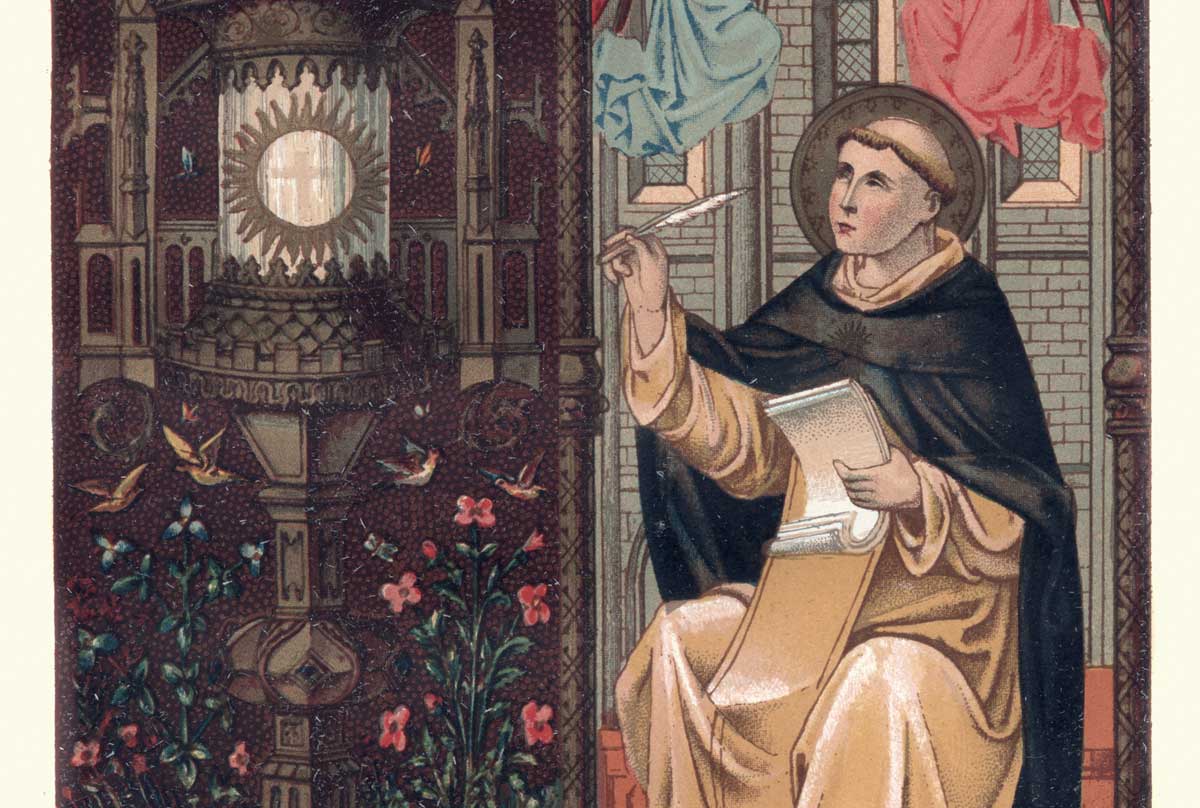
23.6—November/December 2010
Darwin, Design & Thomas Aquinas
The Mythical Conflict Between Thomism & Intelligent Design by Logan Paul Gage
calling all readers
Please Donate
"There are magazines worth reading but few worth saving . . . Touchstone is just such a magazine."
—Alice von Hildebrand
"Here we do not concede one square millimeter of territory to falsehood, folly, contemporary sentimentality, or fashion. We speak the truth, and let God be our judge. . . . Touchstone is the one committedly Christian conservative journal."
—Anthony Esolen, Touchstone senior editor





